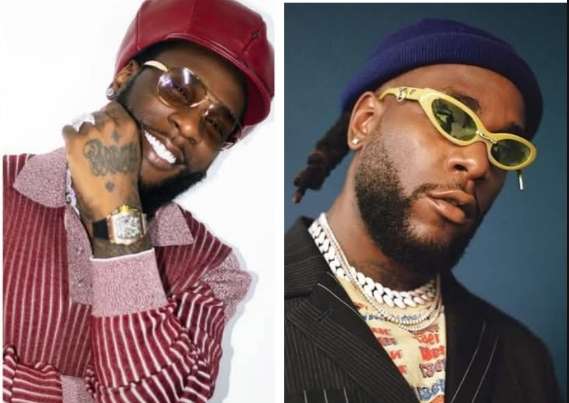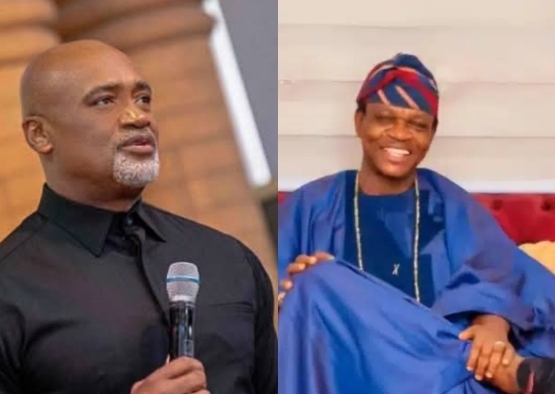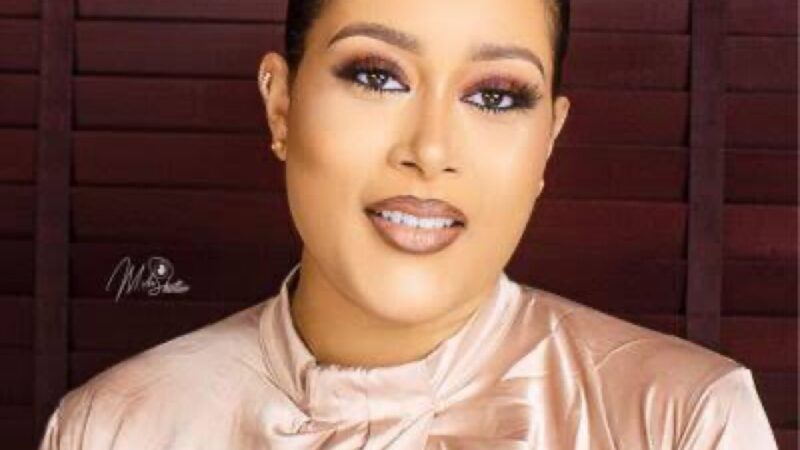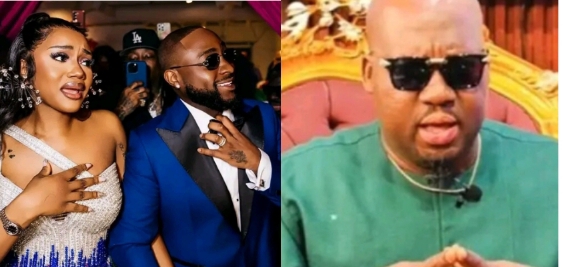How Burna Boy wittingly bought master rights to songs he released under his former label, Aristokrat Records

Last year, Burna Boy bought back the master rights to songs he released under his former label, Aristokrat Records. This move is a smart one because, no matter how much wealth you acquire during your active years, master rights are your greatest asset as a musician.
But what exactly are master rights, and why are they such a huge asset
RECORD DEAL CLAUSES EVERY UPCOMING ARTIST SHOULD KNOW: Part 1 – Master Rights
1. Ownership and Control of Masters (Master Rights)
Explanation: The master recordings are the original versions of your songs. Whoever owns the masters has control over how the music is used, licensed, and monetized. Traditionally, record labels own the masters, especially in a 360 deal.
For an artist, retaining control over your masters is crucial because they are your most valuable asset but not easy to acquire if you started your career with a record label before hitting the limelight. If you own your masters, you control how your music is used in movies, commercials, video games, or even sampled by other artists. You also earn royalties directly from your music’s usage.
Here are some real-life examples: EME still owns Wizkid’s Ayo and Superstar albums.
HKN Music owns Davido’s debut album Omo Baba Olowo.
G-Worldwide still owns Kizz Daniel’s master rights for Woju, Laye, and New Era album. He only moved the songs from his old profile (Kiss Daniel) to his current profile (Kizz Daniel) after reconciling with is former label boss.
Aristokrat Records used to own Burna Boy’s L.I.F.E and On A Spaceship albums until he bought back the rights last year.
All songs that Korede Bello, Reekado Banks, and Tiwa Savage released under Mavin Records still belong to the label, while they receive a percentage of streaming royalties for these songs, Mavin Records owns the master rights, meaning the label can license the songs for movies, games, or even samples without the artist’s direct consent.
Clause to get your master right: for unknown artists, convincing a label to give you complete control over your masters can be difficult because they helped build your image during your early career.
However, you can negotiate a buy-back clause when signing a record contract. This allows the label to own the masters initially but gives you the right to purchase part of it or the full rights after a set period (e.g., 5-10 years) for a pre-agreed amount.
This compromise ensures that: the label profits from their investment.
You have the opportunity to regain control of your music in the future.
Why This Matters: master rights represent your long-term wealth. No matter how popular you become during your active career, your masters will continue to generate income for you and your children long after you’ve stopped making music.





